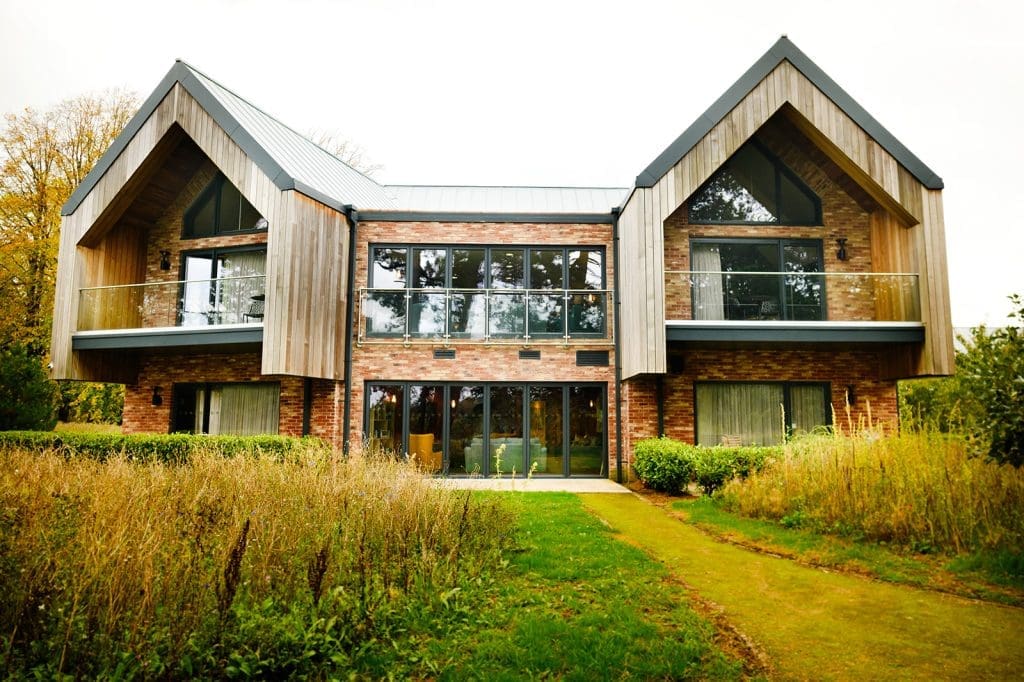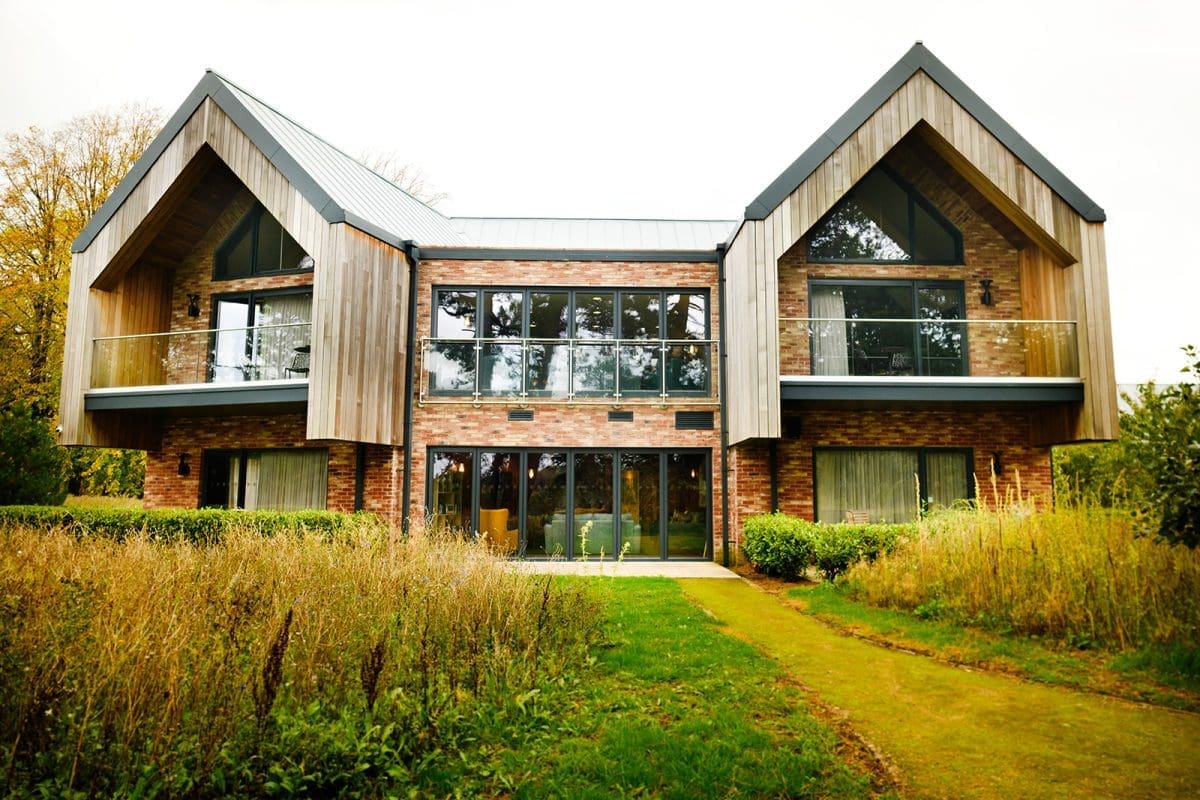What does the future look like for addiction treatment?
What does the future look like for addiction treatment? Discover how alternative approaches & holistic therapies have been adopted.
Read more

Our addiction treatment programmes help people overcome substance use disorders and behavioural addictions in the comfort of a residential rehab clinic. Whether you’re looking for support for yourself or a loved one, we can help.
Start your journey

Addiction treatment is a highly specialist practice that involves a combination of medical intervention, one-to-one counselling, group therapy, holistic treatments, and ongoing aftercare to prevent relapse.
At Delamere, the aim is to treat the root causes of the addiction, address harmful behaviours and develop coping strategies to live life free from addiction.
We’ve helped over 1,500 guests break free from addiction
We treat a wide range of different addictions in our luxury rehab facility in the UK. While symptoms may be similar, we recognise that we’re all unique. No two people will ever have the same experience while in our care. Some of the addictions we treat include...
Addiction treatment is suitable for anyone who has developed an unhealthy relationship with either a substance, such alcohol or drugs, or a behaviour, which includes porn addiction, shopping addiction and gambling addiction.
When someone begins to prioritise their addiction over their friends, family, work or school, and overall health, they will benefit from tailored addiction treatment. It’s never too late, or too early, to ask for help.



Our approach is person-centred and holistic. That means we understand that each person is unique and we don’t subscribe to a one-site-fits-all philosophy.

Our emphasis is on holistic care to treat addiction and associated issues. This means that we treat the whole person rather than just the symptoms they present with. We believe that successful treatment runs far deeper than simply stopping the addictive substance or behaviour.
Our approach at Delamere comprises four core phases: Stop, Start, Grow, & Bloom. Everything we offer at Delamere aims at effective and lasting outcomes in addiction treatment:
Addiction treatment starts with a personalised assessment to understand your needs. We’ll explore your physical and mental health and discuss your medical history.
If you’ve come into Delamere for drug or alcohol addiction, a medical detox will help you to withdraw safely. After this, you’ll be assigned a focal therapist who will introduce you to talking therapies, such as Cognitive Behavioural Therapy (CBT), in individual and group settings.
The first few days of addiction treatment focus on restoring your physical health. You’ll have your own private room to rest and recuperate.
By the end of week one most of the unpleasant withdrawal symptoms will have stabilised and you’ll be engaging in light therapy.
In the following weeks you’ll benefit from a range of different therapies, from meditation to journaling, tailored to your specific needs to help you overcome addiction.
If you’re looking for addiction treatment help for a family member, work colleague, or loved one, we’re here to help. At Delamere, we provide family support services and help your loved one confront addiction and denial.
Should it be necessary, we also offer intervention services whereby we take the time to understand what is happening and help prepare and rehearse a formal intervention that will culminate in your loved one entering treatment with us. If you are considering organising an intervention for your loved one, friend, or colleague, contact Delamere today.
What does the future look like for addiction treatment? Discover how alternative approaches & holistic therapies have been adopted.
Read moreHow media portrayals shape addiction stigma & recovery myths, & why diverse, authentic recovery narratives are essential for understanding & support.
Read moreFind out why the world is turning to the UK for addiction treatment & how health tourism is on the rise according to ONS.
Read more
Start your recovery journey by calling our admissions team today.
Confidential. Straightforward. Friendly.